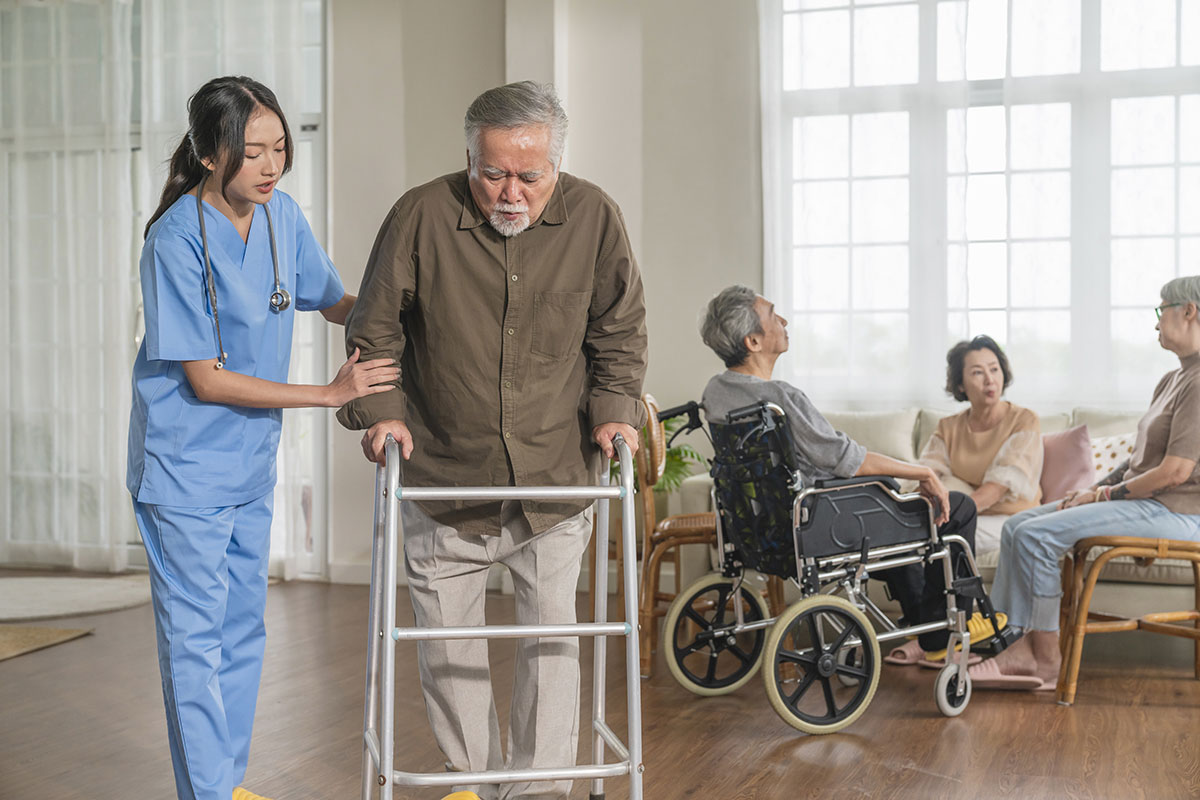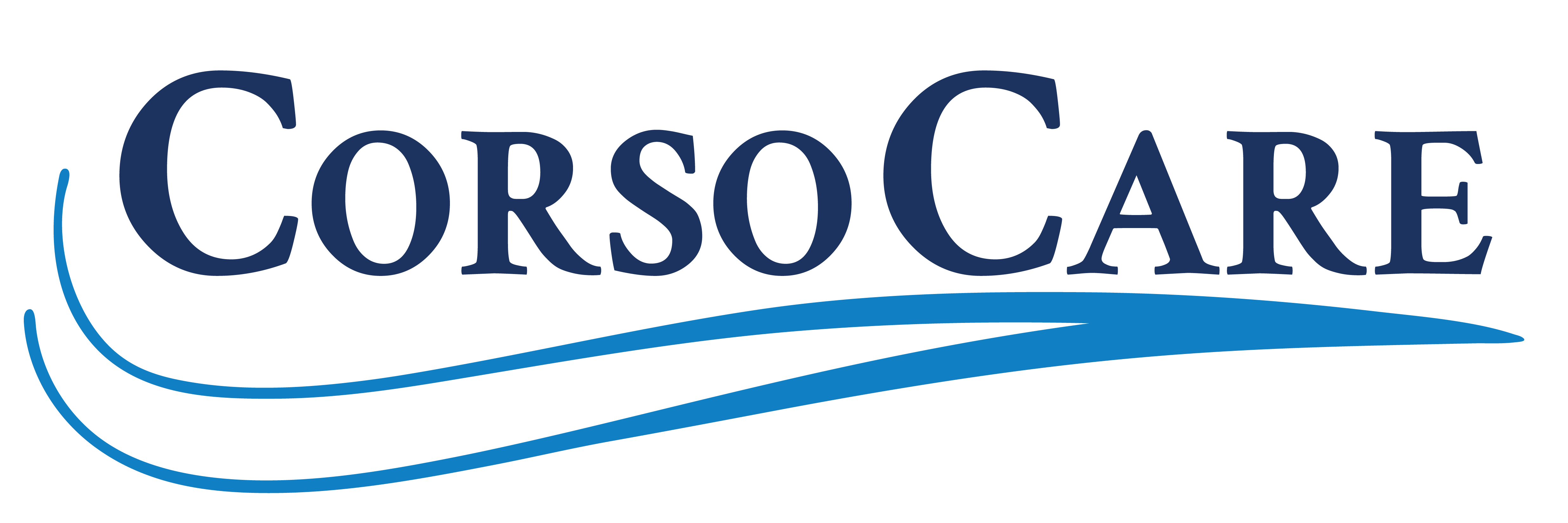
Recovery and Rehabilitation After a Stroke
When someone experiences a major health event like a stroke, the focus immediately goes to recovering and getting life as close to normal as possible. And that starts with a plan of action.
After emergency treatment, a patient will be closely monitored in the hospital for a few days afterward. From day one, the goal is to help recover as much brain function as possible. A successful outcome depends on the amount of tissue damage and which side of the brain was affected. Damage to either the left or right side leads to different effects.
- Right Brain Damage – affects movement and sensation on the left side of the body
- Left Brain Damage – affects movement and sensation on the right side of the body, speech, and language
Most stroke survivors start a rigorous rehabilitation program that can begin 24 hours after a stroke. The exact rehab program will depend on the patient’s age, overall health, and degree of disability from the stroke. Rehabilitation helps a patient relearn skills lost after a stroke and is a powerful tool to protect a patient from developing new medical problems —including pneumonia, urinary tract infections, injury due to fall, or clot formation in large veins.
Although rehabilitation may begin before a patient leaves the hospital, programs can continue after discharge in the rehabilitation unit of the same hospital, another rehabilitation unit or skilled nursing facility, as an outpatient, or at home.
An essential element in any rehabilitation program is carefully directed repetition. Each program is customized to focus on the specific skills impaired due to the stroke. These impairments could include weakness in limbs, lack of coordination, trouble walking, loss of sensation, weak hand grasp, visual loss, or difficulty speaking or understanding. Working on these skills over and over is the best way to regain them successfully.
Rehabilitation is also an excellent way to learn new ways to compensate for any remaining disabilities. For example, one might need to learn how to function and do daily tasks with only one hand or how to communicate effectively with assistive devices if the ability to use language has been affected.
And like no two strokes are the same, no two recoveries are the same. Depending on the severity of the stroke, rehabilitation can involve a multidisciplinary team with a combination of support from:
- Neurologists
- Psychiatrists
- Rehabilitation Nurses
- Dietitians
- Physical Therapists
- Occupational Therapists
- Recreational Therapists
- Speech Language Pathologists
- Social Workers
- Chaplains
Whatever your recovery looks like, the CorsoCare team is here to help make it as smooth and effective as possible.
